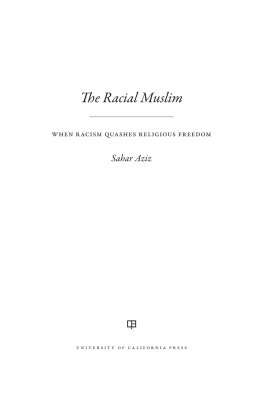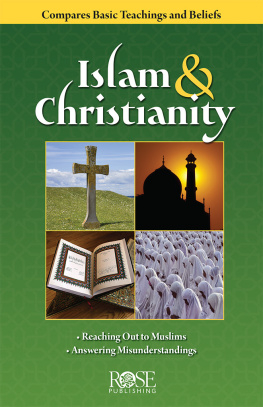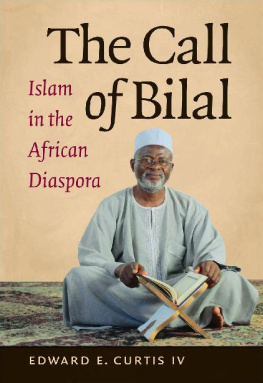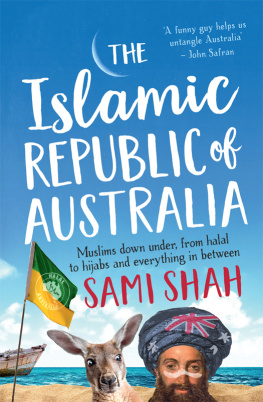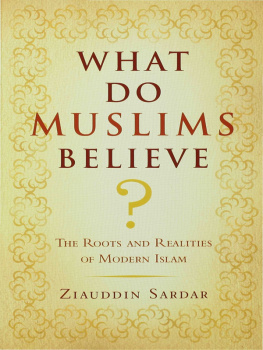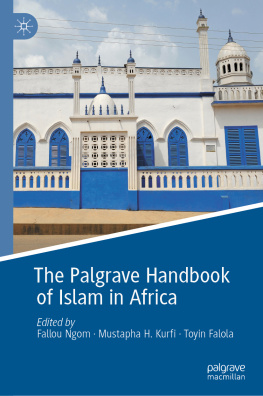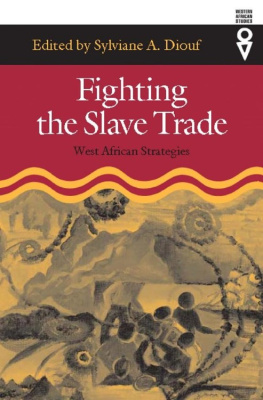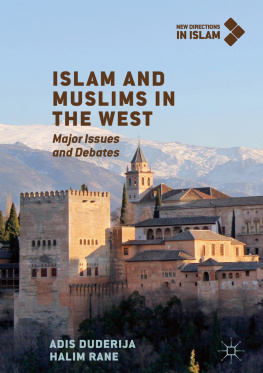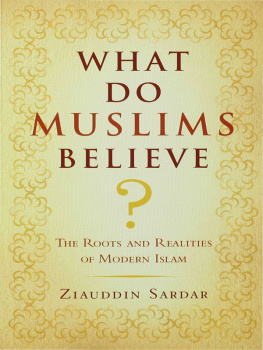Thank you for buying this ebook, published by NYU Press.
Sign up for our e-newsletters to receive information about forthcoming books, special discounts, and more!
Sign Up!
About NYU Press
A publisher of original scholarship since its founding in 1916, New York University Press Produces more than 100 new books each year, with a backlist of 3,000 titles in print. Working across the humanities and social sciences, NYU Press has award-winning lists in sociology, law, cultural and American studies, religion, American history, anthropology, politics, criminology, media and communication, literary studies, and psychology.
SERVANTS OF ALLAH

Servants of Allah
African Muslims Enslaved in the Americas
15TH ANNIVERSARY EDITION
Sylviane A. Diouf

NEW YORK UNIVERSITY PRESS
New York and London
1998, 2013 by Sylviane Diouf
All rights reserved
Library of Congress Cataloging-in-Publication Data
Diouf, Sylviane A. (Sylviane Anna)
Servants of Allah : African Muslims enslaved in the Americas /
Sylviane A. Diouf. 15th anniversary edition
pages cm
Includes bibliographical references and index.
ISBN 978-1-4798-4711-2 (pb : alk. paper)
1. SlavesReligious lifeUnited StatesHistory. 2. SlavesReligious lifeAmericaHistory. 3. Muslims, BlackUnited StatesHistory.
4. Muslims, Black American History. 5. African Americans History To 1863. I. Title.
E443.D56 2013
973.0496073 dc23 2013005255
New York University Press books are printed on acid-free paper, and their binding materials are chosen for strength and durability.
Manufactured in the United States of America
10 9 8 7 6 5 4 3 2 1
To Sny and to the memory of Adani
CONTENTS
Illustrations appear as a group following
ACKNOWLEDGMENTS
Researching and writing Servants of Allah was a singularly solitary endeavor. But once I emerged from the libraries, I immediately received the enthusiastic support of Niko Pfund, then director of NYU Press, and Jennifer Hammer, my attentive and brilliant editor. I am deeply thankful to both of them for the first edition and to NYU Press director Steve Maikowski and to Jennifer again, for making this second one possible.
Over the years, through this book, I was lucky to meet and befriend a number of people. Among them are Abdel Kader Haidara, founder of the Mamma Haidara Memorial Library in Timbuktu, owner and guardian of his familys five thousand manuscripts and documents dating from the 1500s. His expertise, convivial personality, and vision are true treasures. In 1996, I had gone to the auction where Omar ibn Saids autobiography and Sana Sees manuscript were to be offered to the highest bidder. I was well aware I could not be even the lowest one, but I was eager to know who would get these documents. To my relief, they were auctioned off to collector Joshua Beard, who has been a diligent and generous custodian, making the manuscripts widely available to scholars and exhibitions.
My scholarly and friendly appreciation goes to Paul E. Lovejoy at York University and Elise Soumonni at the University of Cotonou for great discussions and camaraderie. Joo Jos Reis at the Federal University of Bahia has been a gracious colleague always ready to share documents and insights about Muslims in Brazil. I have enjoyed fascinating conversations, long walks, and great collaboration with Omar H. Ali at the University of North Carolina at Greensboro. I am indebted to Grace Turner, at William and Mary, who took Abul Keli of the Bahamas out of obscurity and brought the man and his letters to my attention many years ago. To Aisha Al-Adawiyya at the Schomburg Center for Research in Black Culture and Women in Islam and Marieta Harper at the Library of Congress, I thank you and you know why.
Mille mercis to my family, Maman, Martine, Alain, Mariam, and Maya, who have sustained me, each in her or his own way. Fifteen years ago, I dedicated this book to my son for his loving support and understanding, smart comments, and daily encouragements. I do the same today with immense gratitude and love. Sny has transformed my life and made my work so much easier. He is my inspiration and my model, though I am very short of being as accomplished as he is.
Introduction to the 15th Anniversary Edition
In 1998, when Servants of Allah was first published, I could not have imagined that I would be writing a new introduction to the volume fifteen years later. Three years earlier, I could not even imagine this book would ever exist. I had started writing it in French, certain I would find a receptive publisher in Paris. Only when, to my utter surprise, no one shared my enthusiasmto say the leastdid I decide to start all over. Fifteen years later, Servants of Allah is still here, and Allahin Kullariits Turkish versionhas gone into two editions. As for Serviteurs dAllah, it has yet to exist; nothing has changed there.
But change there has been, and plenty of it, between 1998, the end of the twentieth century, and today, roughly a decade and a half into the twenty-first. A new political, religious, and social reality unexpectedly transformed a book on a hitherto obscure part of slavery history into what its publisher has deemed a surprise bestseller. Sadly, it took a tragedy to alter the landscape, literally and figuratively.
In the aftershock of 9/11, against all expectations, an authentic interest in Islam and Muslims manifested itself. Community centers, churches, schools, universities, libraries, museums, and international organizations solicited scholars, religious figures, and ordinary believers asking for information, explanations, and responses to fear and incomprehension. Servants of Allah, along with other scholarship on Islam, Muslims, American Muslims, and Muslims in America became an integral part of this process, especially as it made clear that Islam and Muslims were not recent arrivals but had been part of the American fabric from its very beginning. The realization that Islam had deep roots in the United States was often a stunning discovery to non-Muslims and Muslims alike. That Islam was brought not only to the United States but also to the entire Western Hemisphere, from Cuba to Peru and from Guadeloupe to Guyana, and had been maintained by enslaved Africans was nothing short of mystifying for most people. That these Africans had written documents in Arabic was a fact that shattered ingrained stereotypes.
There was a genuine interest in the history in and of itself, but there was also a larger narrative into which it fit. The book appealed to the voices that sought to bring or reinforce ecumenism, tolerance, and fraternity among peoples of various faiths at a time when these qualities were in short supply. By putting Islam in an hemispheric context since the early 1500s, it showed that Islam was the second monotheist religion introduced into all parts of the New Worldafter Catholicism and before Judaism and Protestantismthus exposing its longevity, its continental reach, and its followers resilience even under the worst circumstances. In the face of mounting suspicion of foreignness and supposed anti-Americanism, Muslims were eager to demonstrate that Islam was as much an American religion as any, one that had coexisted with others quietly for centuries and whose followers had contributed to the development of the country. Perhaps more than anything else, at that moment, it was this mainstreaming of Islam and Muslims that attracted those who found themselves on the defensive, asked to demonstrate their Americanness.
Next page

